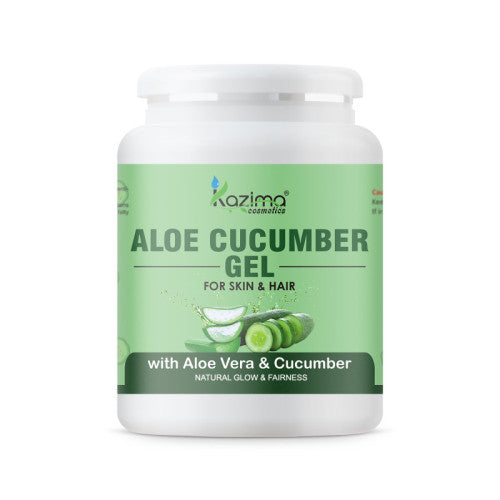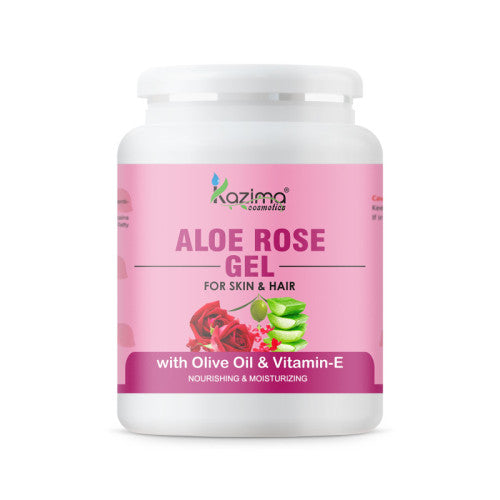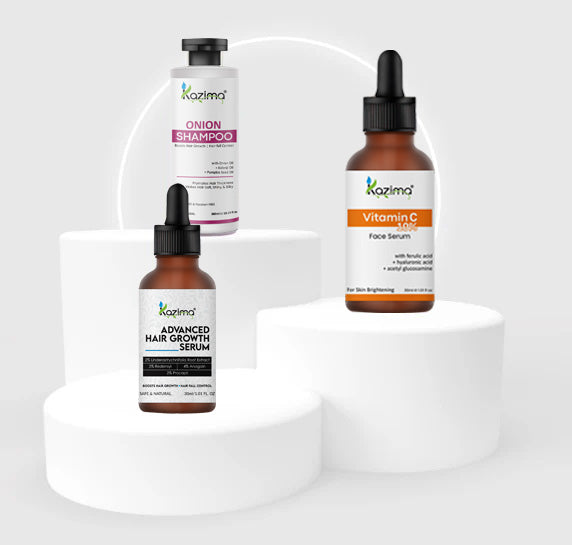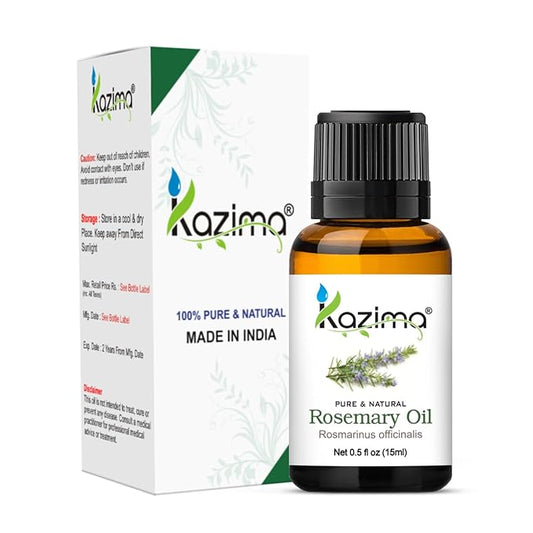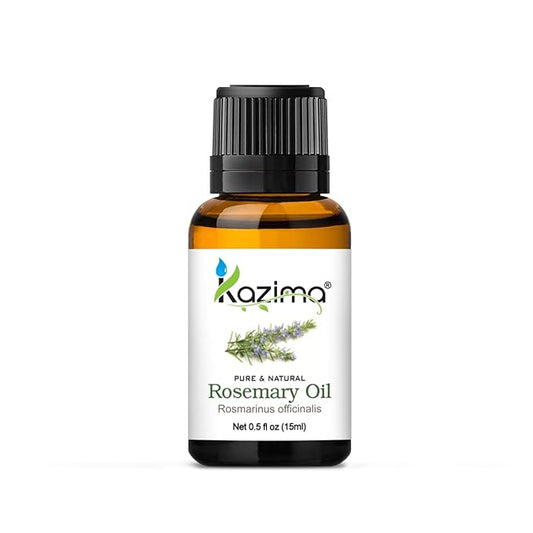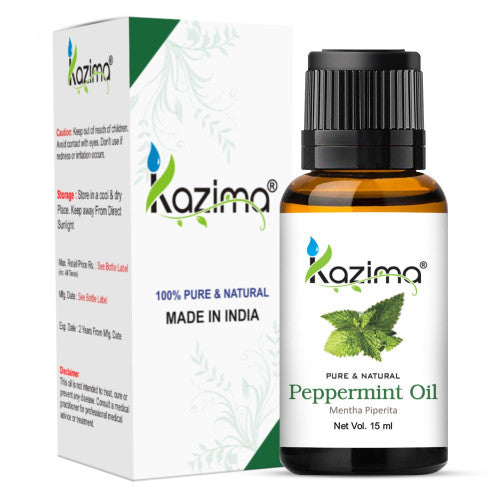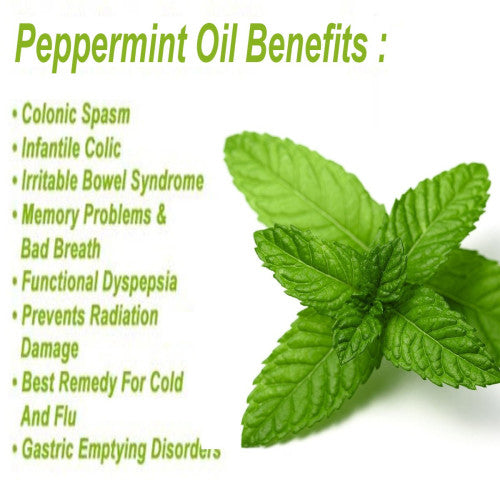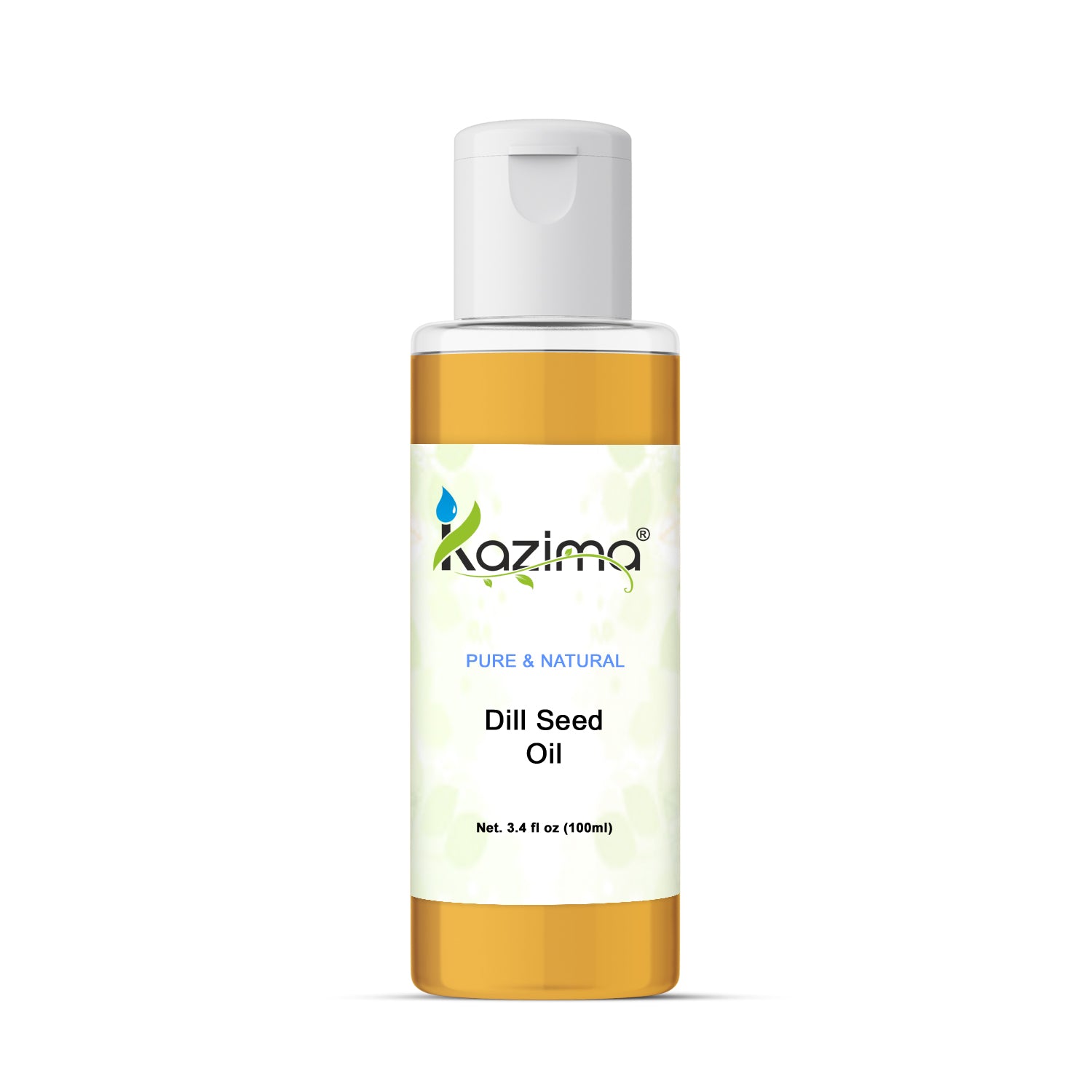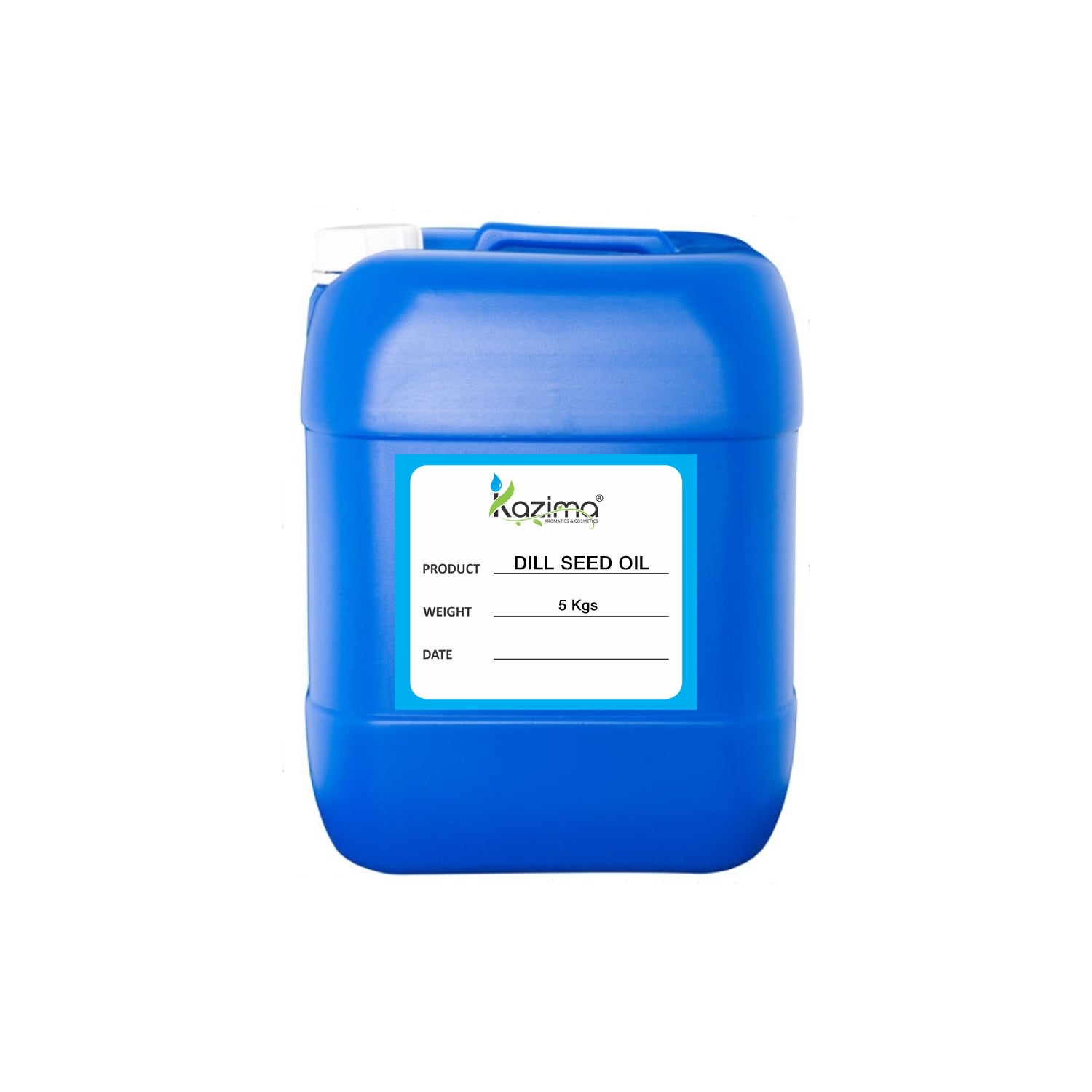Botanical Name: Anethum graveolens
Common Name: Dill Seed Oil
Plant Part Used: Seeds
Extraction Method: Steam distillation
Purity: 100% Pure, Natural, and Undiluted
Color: Pale yellow to colorless
Aroma: Warm, spicy, and slightly sweet, with a hint of herbal and slightly citrusy fragrance.
Composition:
Carvone (50-60%) – The primary constituent responsible for the oil’s characteristic sweet and spicy aroma. It has carminative, antibacterial, and antifungal properties.
Limonene (5-10%) – A citrus-scented compound known for its antioxidant, anti-inflammatory, and immune-boosting effects.
Alpha-Pinene (3-5%) – A monoterpene known for its fresh pine-like aroma and properties that support respiratory health, relieve inflammation, and improve circulation.
Dihydrocarvone (2-5%) – A compound that contributes to Dill Seed oil's cooling and soothing properties.
Phellandrene (2-4%) – A compound that imparts a mild, peppery aroma with antifungal and antimicrobial properties.
Beta-Caryophyllene (1-2%) – Known for its anti-inflammatory and analgesic effects.
Therapeutic Properties
- Carminative: Dill Seed oil helps relieve gas, bloating, and indigestion, making it useful for digestive discomfort.
- Antibacterial: The oil exhibits strong antibacterial properties, effectively fighting off harmful bacteria and promoting overall health.
- Antifungal: Dill Seed oil has antifungal effects, helping to combat fungal infections and supporting healthy skin.
- Anti-inflammatory: It helps reduce inflammation, alleviating conditions such as arthritis, muscle pain, and swelling.
- Antioxidant: Dill Seed oil has strong antioxidant properties, helping to protect cells from free radical damage and reduce oxidative stress.
- Digestive Aid: It promotes digestion by increasing the secretion of digestive juices, improving overall gastrointestinal function.
- Sedative: It has mild calming properties, helping to reduce stress, anxiety, and promote better sleep.






